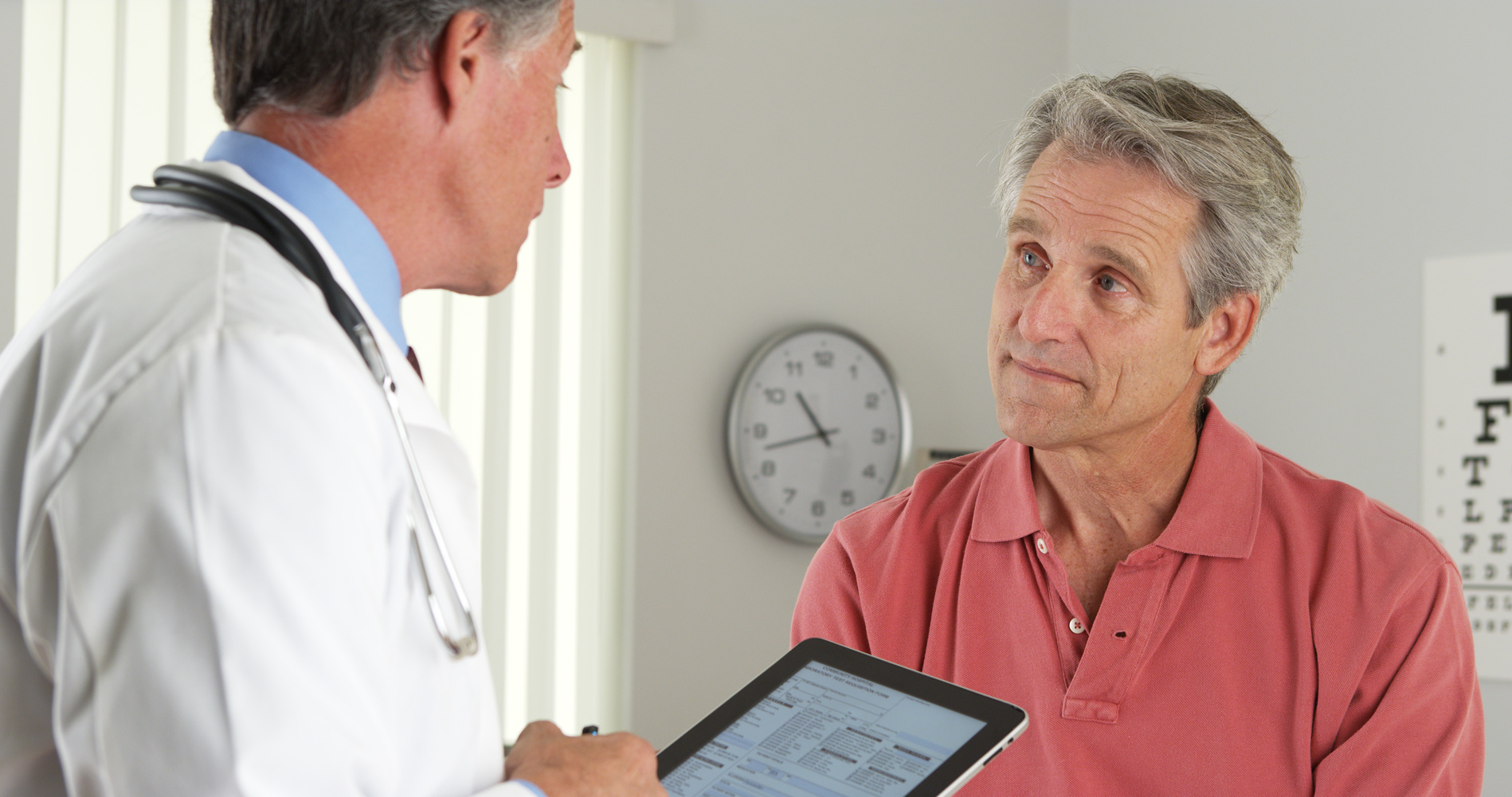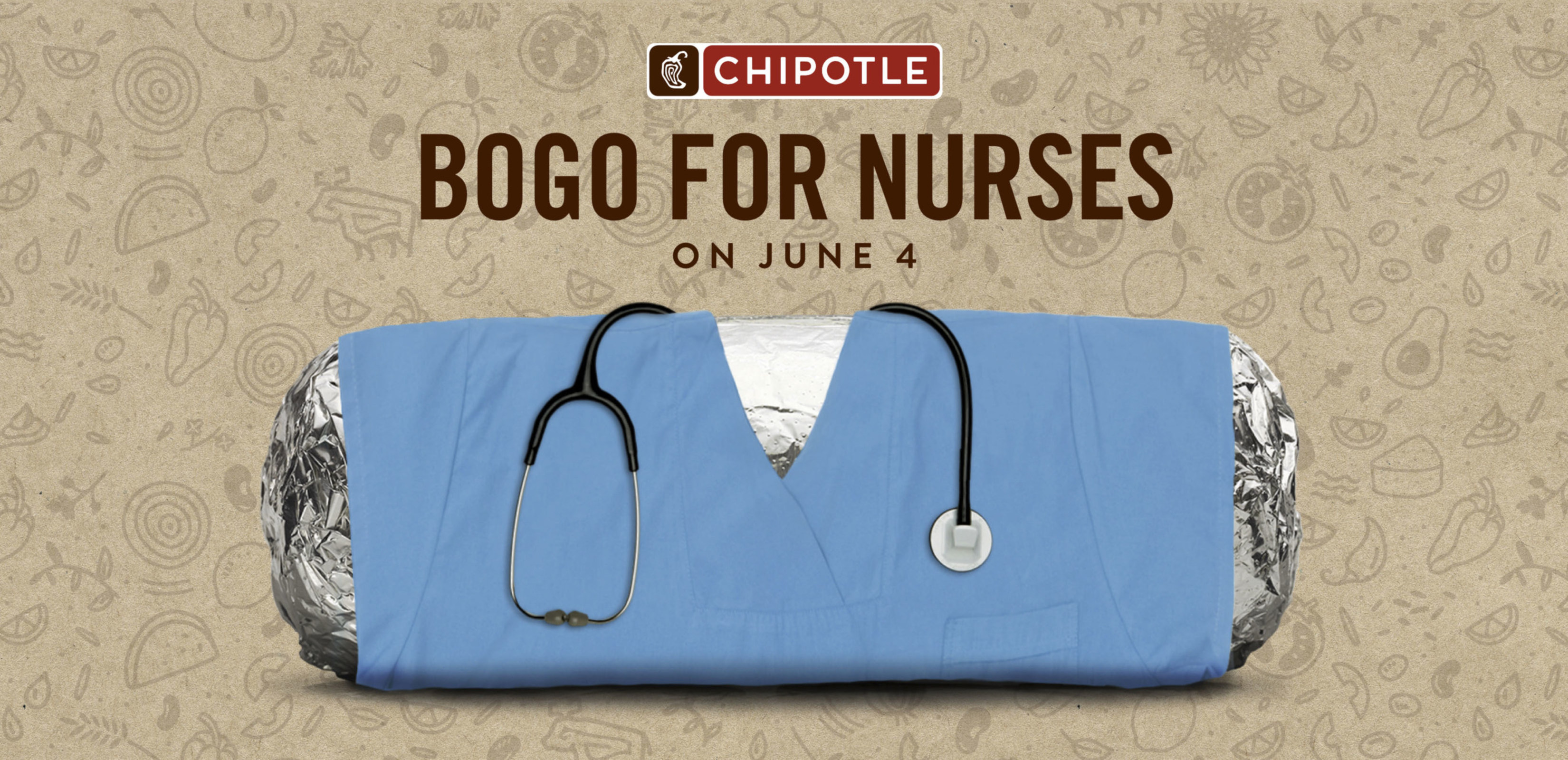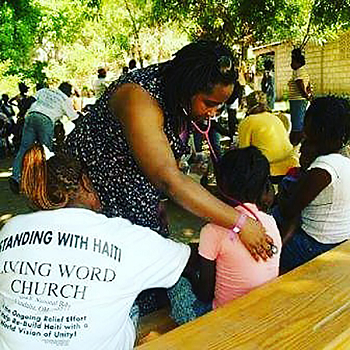With the physician shortage in full swing and not enough PNPs joining the workforce, there is a growing hole in who will care for this nation’s children, with few answers in sight.
There is a serious need for pediatric Nurse Practitioners (PNPs), according to a new white paper published in the Journal of Pediatric Health Care’s most recent issue.
The authors, including Kristin Hittle Gigli, Ph.D., R.N., CPNP-AC, CCRN, of the University of Pittsburgh, and colleagues, report that “despite the specific demand for pediatric care, there is a forecasted critical shortage of PNPs over the next decade.”
This is partly because the amount of PNPs in practice has not grown as rapidly as other disciplines across the NP profession, while physician shortages continue to be problematic. While advanced practitioners are widely believed to be able to close the gap in access to care resulting from the physician shortage, it is estimated that only 8% of the 270,000 licensed NPs in the U.S. are PNPs, while two out of three new NPs entering the workforce reported graduating from family NP (FNP) programs. Although FNPs can care for children, most report their total children account for less than 25% of their total patient population. This leaves a growing hole in who will care for the children of this nation, with few answers in sight.
“Dedicated research into the PNP role, workforce, and care outcomes will address gaps in our knowledge of the role and support the advancement of the profession,” the white paper states. As well as, “when considering possible shortages of PNPs, evaluation of the workforce pipeline and graduate nursing education programs becomes an important factor in mitigating potential shortages,” and goes on to say, “Attention should be focused on updating and expanding knowledge of the state of the PNP workforce to identify areas in practice and policy where interventions will support maximizing the contributions of these providers to high-quality, accessible, and affordable pediatric health care.”
Disclaimer: The viewpoint expressed in this article is the opinion of the author and is not necessarily the viewpoint of the owners or employees at Healthcare Staffing Innovations, LLC.








